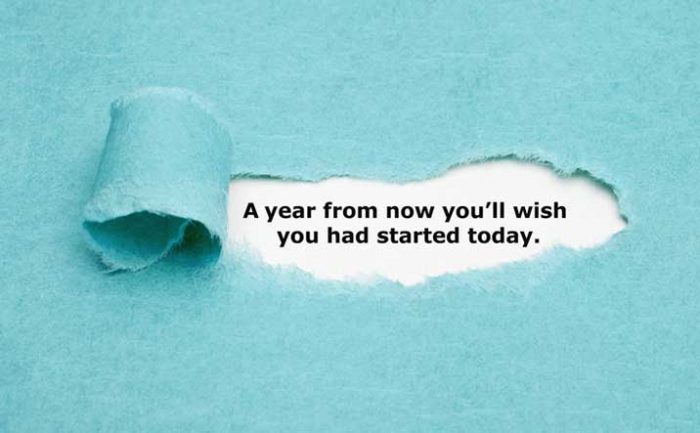
Do you find it easy to set exciting goals, but you lose track somewhere along the way? As much as you want to lose weight, earn a promotion, close your next major gift, you often find yourself back where you started.
Hang onto your long-term objectives but use short term goals to guide you towards your ultimate destination. Find out more about the benefits of daily goals and how to use them.
Just having goals can make you happier and more productive, so make it an ongoing process. Transform your life by setting daily goals and striving to reach them.
Making Estate Planning Accessible, Simple, Personal, Secure and FREE!
Bequests are up, cash is down. Empower your donors to plan their will and invest their legacy in the cause they support the most.
Stay informed with timely news. You can unsubscribe at any time.
Success List